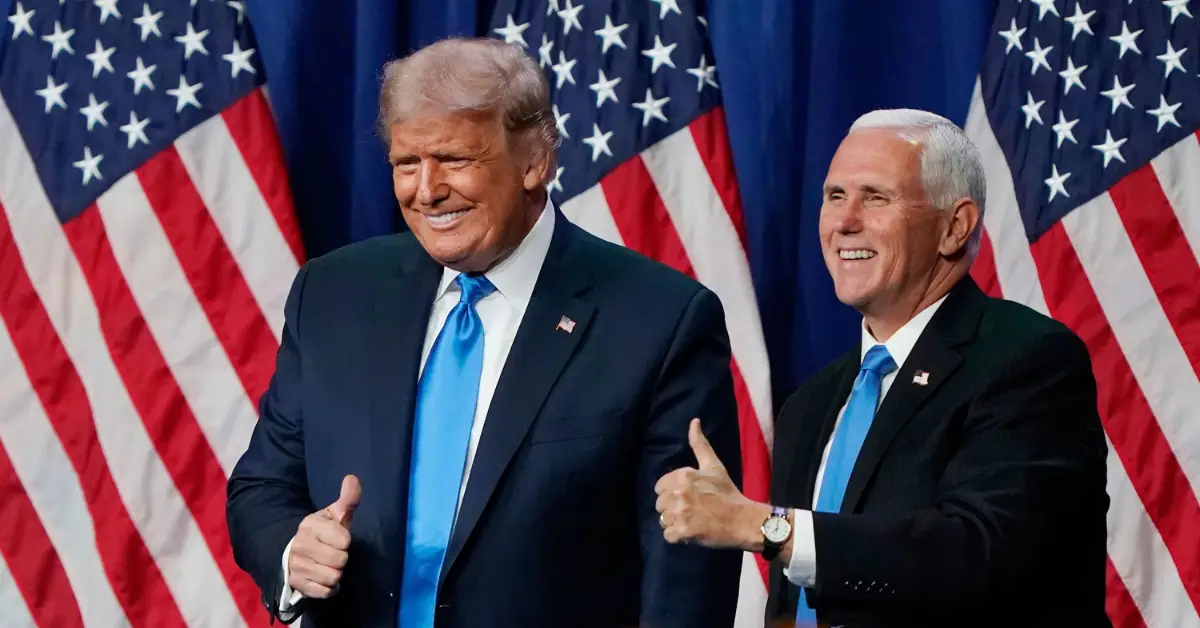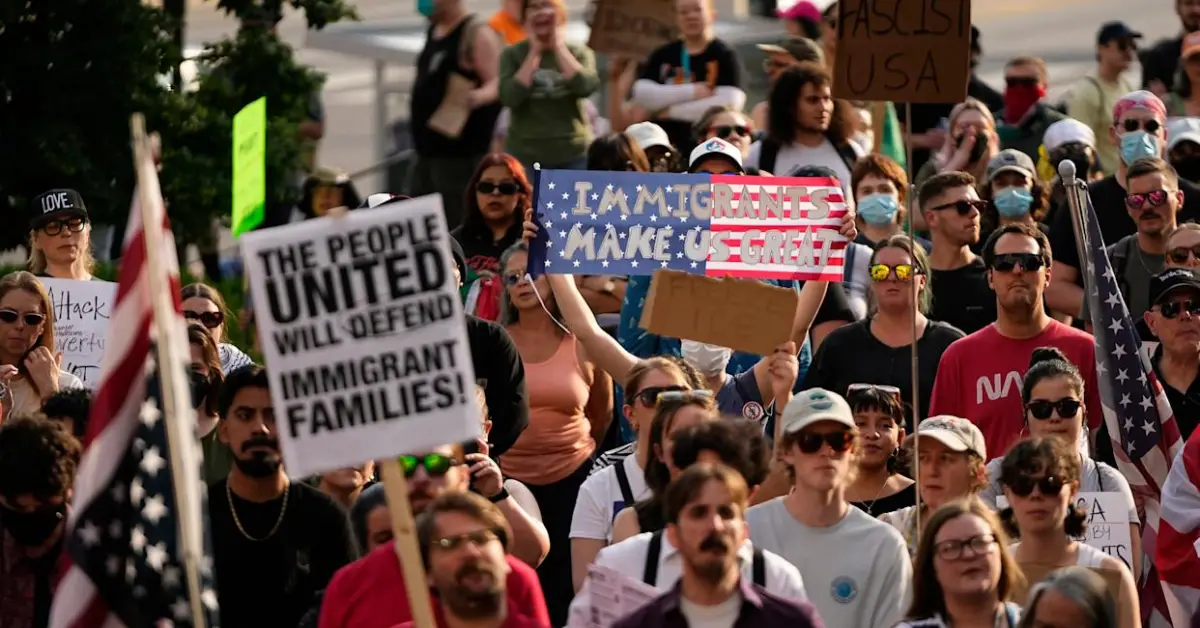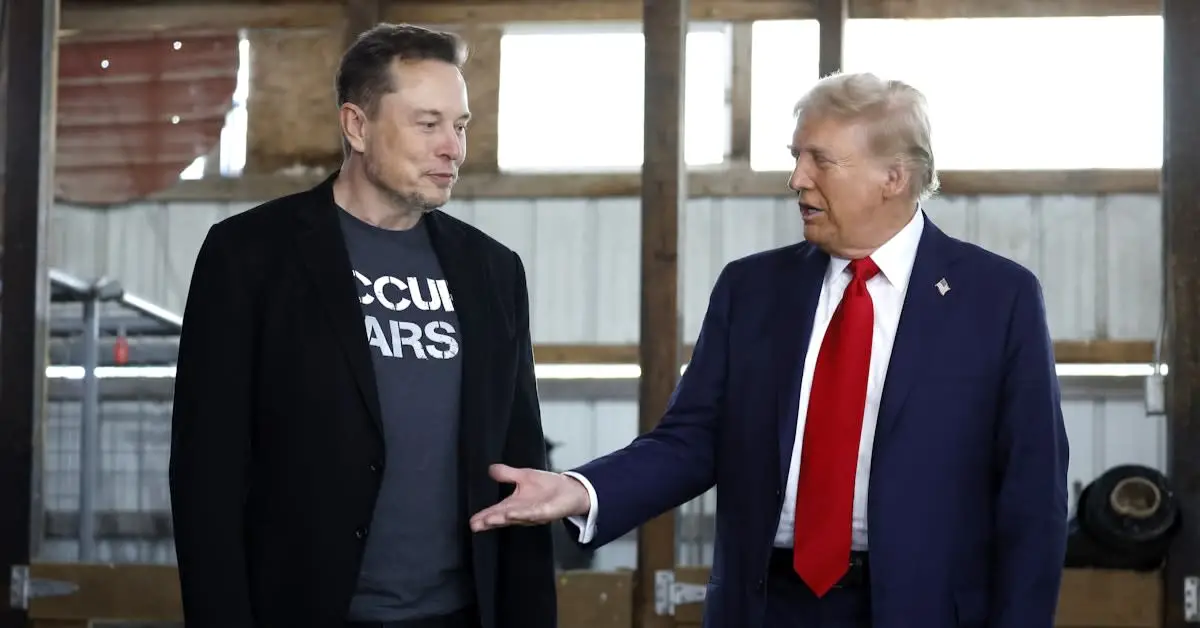Walmart is set to face a nationwide boycott beginning on Monday, April 7. The boycott, which will last for one week, has been organized by a group called People’s Union USA. The movement comes as a response to Walmart’s controversial decisions to halt several diversity, equity, and inclusion (DEI) programs and what the group describes as corporate greed and corruption within the company.
The origins of this boycott lie in a series of decisions made by Walmart at the end of last year, which raised eyebrows and caused significant backlash. Walmart decided to discontinue its racial equity training program, a move that many saw as a step backward in promoting diversity and inclusivity.
The company also announced it would stop funding its racial equity center, a key initiative aimed at addressing racial inequality. In addition to these moves, Walmart pulled out of the Human Rights Campaign’s Corporate Equality Index, a major benchmark used to evaluate companies based on their LGBTQ+ inclusion efforts.
These actions have triggered criticism from a wide range of groups who believe that Walmart is retreating from its commitment to diversity and equality. People’s Union USA, in particular, has been vocal about the situation. The group views Walmart’s decisions as a direct reflection of corporate greed and a lack of responsibility toward social causes.
According to a report from Supermarket News, People’s Union USA has made it clear that its focus is on addressing what it perceives as the broader issue of corporate greed and corruption, which it believes is stifling progress in the country. The group has stated that people should start looking locally for products they need and, if they can’t find them locally, should wait rather than supporting large corporations like Walmart.

The upcoming boycott against Walmart follows a trend of boycotts targeting other major retailers for similar reasons. Last year, Target faced a similar backlash after announcing its own rollback of DEI programs.
While the Walmart boycott shares similarities with the one against Target, it also brings attention to the company’s corporate practices, which many see as more focused on profit than social responsibility. People’s Union USA hopes to encourage individuals to take a stand and push back against what they see as corporate policies that prioritize profits over people.
The situation surrounding Walmart’s decision to scale back its DEI initiatives has been controversial, but how much of an impact the boycott will have remains to be seen. According to data from Numerator, Walmart has experienced only modest changes in consumer behavior since its decision to halt DEI programs.
The company’s traffic has only decreased slightly among consumers of different racial and ethnic backgrounds. For example, among Asian consumers, there was a 2.6 percent drop in traffic, which is significantly smaller compared to the declines experienced by other retailers in similar situations.
In comparison, Target saw a much steeper decline in web traffic following its own DEI program cuts. On February 28, when a boycott was held targeting companies that had scaled back their DEI efforts, Target experienced a 9 percent drop in web traffic.
Walmart’s traffic dropped by 5 percent, while Amazon saw only a 2 percent decrease. On the other hand, Costco, which has maintained its commitment to diversity programs, saw a significant 22 percent increase in traffic during the same period. This suggests that while boycotts can have an impact, the effects may vary depending on the company’s brand loyalty and the degree of commitment to social issues.
People’s Union USA is not stopping with the April 7 boycott. The group has more protests planned for the coming months, and they are particularly focused on companies like Walmart that they feel have been too focused on corporate interests at the expense of social progress.
The organization has announced that it will hold another protest, dubbed the “economic blackout tour,” aimed at Walmart between May 20 and May 26. Additionally, People’s Union USA has planned a general economic blackout on April 18, followed by a boycott of General Mills products from April 21 to April 28. The group also intends to target other companies, including Amazon and McDonald’s, in the coming months, calling for greater accountability from major corporations.
This growing trend of boycotts isn’t just limited to People’s Union USA. Other left-wing groups have also been mobilizing to take a stand against corporations that they believe are not doing enough to address issues of diversity and inclusion.
Al Sharpton, the founder of the National Action Network, has called on PepsiCo to meet with him in the next three weeks to discuss the restoration of the company’s DEI programs. If PepsiCo does not engage in discussions with Sharpton and his group, there is a possibility of a boycott. This call for action shows that the fight for social justice and equality is not just taking place in the political arena but also in the consumer space, with many individuals using their purchasing power to send a message to corporations about their values and priorities.
The wave of boycotts targeting large corporations over their DEI decisions is just one example of the growing awareness and activism around corporate responsibility. As people become more conscious of how companies operate and the impact their choices have on society, it’s likely that we’ll see even more pressure on corporations to make changes in the future. While the effectiveness of these boycotts remains to be seen, they reflect a broader shift in consumer behavior, where individuals are increasingly holding corporations accountable for their actions.
Ultimately, the debate surrounding Walmart’s decision to halt its DEI programs highlights the complex relationship between business interests, social responsibility, and public opinion. As the April 7 boycott begins and other protests follow in the coming months, it will be interesting to see how Walmart and other companies respond.
The future of corporate America may depend on how businesses balance the competing demands of profit and social good, and whether they can maintain their public image while facing growing pressure from consumers and activist groups.
Disclaimer: This article has been meticulously fact-checked by our team to ensure accuracy and uphold transparency. We strive to deliver trustworthy and dependable content to our readers.




